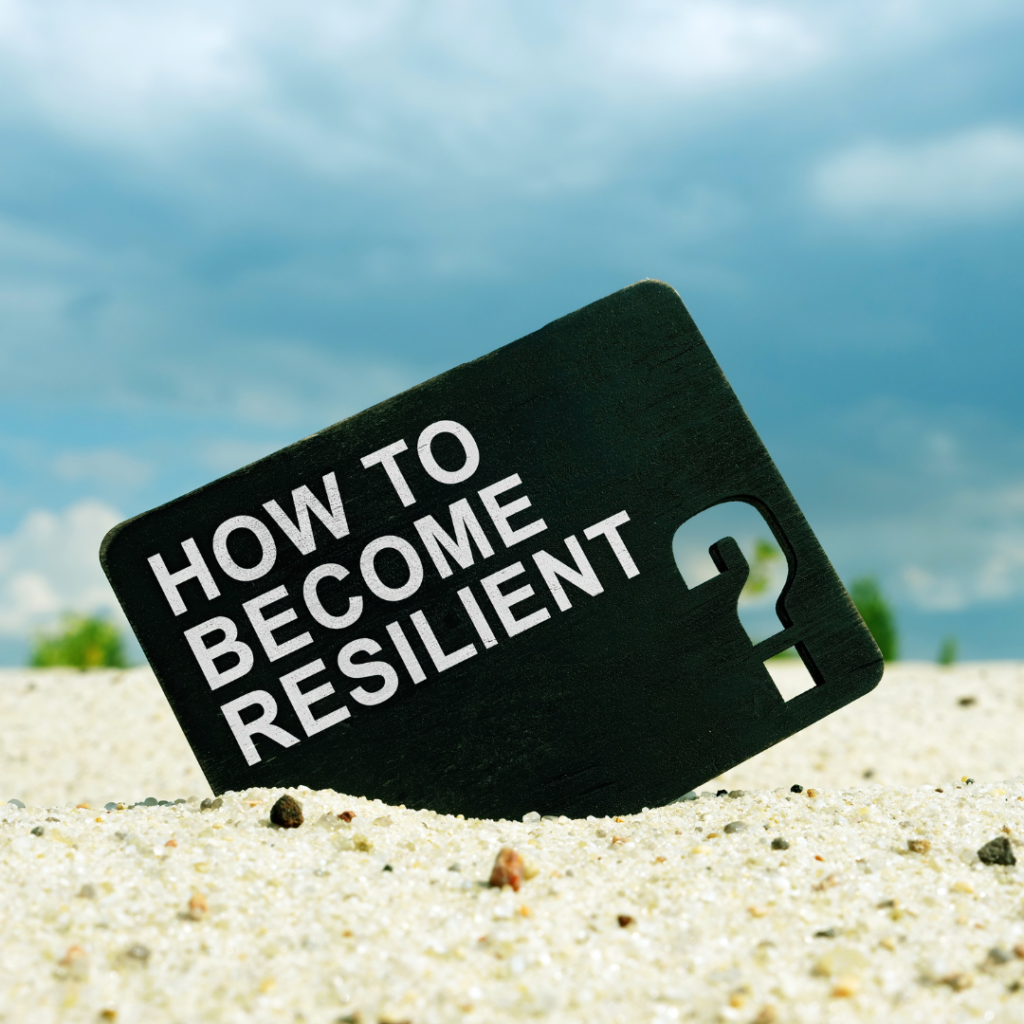
Resilience is a common psychological term describing a person’s ability to cope with challenging situations. It fundamentally refers to positive adaptation or the potential to maintain optimum mental health despite undergoing adversity. Everyone uses resilience to overcome stress, but it is not necessary to always be resilient, especially in situations of trauma or anxiety.
Resilience is unlike a trampoline, where you are down one moment and up the next. It is more about climbing a mountain without the help of a trail map. It requires time, strength, and help from people. You will experience setbacks on the way, but gradually, you reach the top and look behind at how far you have travelled.
Factors Determining Resilience
Developing resilience is complicated and personal and involves a combination of inner strengths and external resources. There is a combination of factors required to build resilience and there is no simple method to overcome adversity. Certain protective factors can help individuals build resilience by modifying coping skills and adaptability. These factors include:
- Social assistance
If an individual undergoes trauma or crisis, social support or assistance plays a vital role in their life. Social assistance can be provided by the immediate family, extended family, friends, society, and organizations.
- Authentic Planning
It is defined as the ability to make and implement realistic plans to help individuals tap on their strengths and concentrate on achievable goals.
- Self-esteem
It is described as positive self-worth and confidence in oneself. The strength can help the person deal with the feelings of helplessness when facing adversity.
- Coping Skills
Both coping and problem-solving skills can help uplift a person who has to face difficulties and overcome hardship.
- Communication Skills
Communicating correctly helps the person ask for support, mobilize resources and take appropriate actions.
- Management of Emotions
The potential to manage overwhelming emotions or seek support to work through them helps the person sustain the focus when facing a challenge.
Ways of Building Resilience
- Interrogate yourself: will it matter in the coming five years? If it doesn’t matter in five years, maybe it is not worth disturbing your peace.
- Give no one the authority to degrade your self-worth by believing in those who believe in you.
- Spend quality and pleasant time with your favourite person or the one who inspires you at least once a week or two weeks.
- Volunteer for a good cause because volunteering is equivalent to better physical and emotional health.
- Live your days of life in line with the sense of the larger purpose of your life.
- Embrace yourself by being authentic and accepting the way you are.
- Recognize and accept that everyone around is struggling and keep a soft heart while offering forgiveness.
- Be kind to yourself and others.
- Show gratitude.
- Do every work creatively instead of fighting unexpected and uncontrollable situations.
- Feel connected to nature and spend time noticing the natural beauty around you.
- Take proper and at least 7 to 8 hours of sleep in a day.
- Practice deep breathing and meditation for a short time in a day.
- Avoid constant sitting.
- Read something that inspires you and boosts your self-confidence and well-being.
- Learn self-control.
- Foster your spirituality and take out time to integrate it into your life.
- If required, take help from mental health professionals and never feel ashamed of considering your mental health your priority.
It is imperative to control an individual’s environment and promote protective factors while working on demands and stressors that an individual faces. Resilience is not something people can utilize only during hard times; instead, it builds up as individuals encounter all kinds of stressors.
